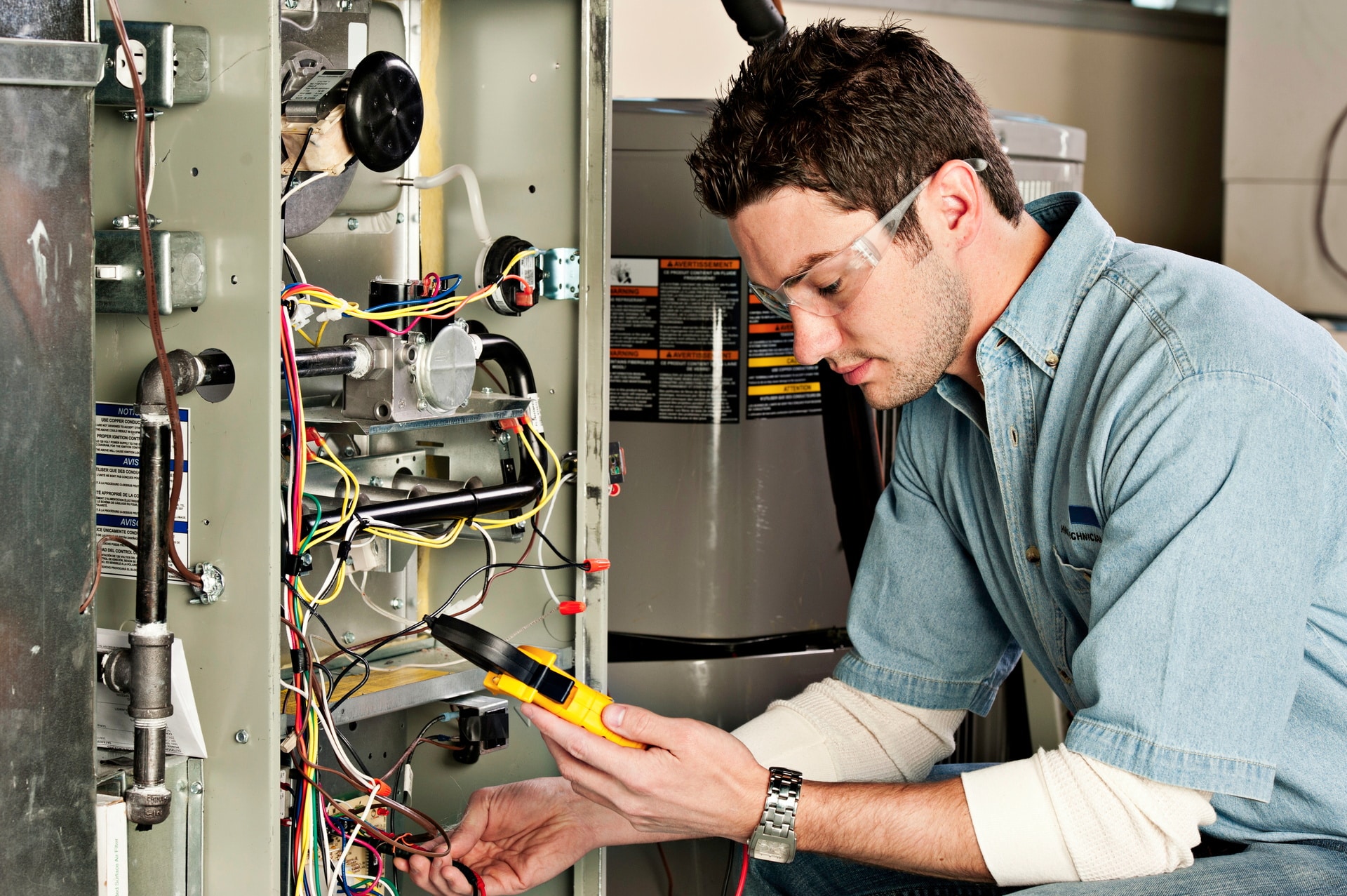
You might scour the internet trying to find the right blog post, news article, or even just a Wiki that can give you the information you’re looking for, and there’s a possibility that you’ll leave empty-handed. We get it.
Well, the good news is that you found a reputable HVAC team that knows what they’re talking about. Our blog post is specifically for potential customers that might have questions and want a licensed, certified technician to give them the answers they need.
So, if you’ve ever wondered questions like “how a furnace works” then you’ve come to the right place. We’ll answer some common questions that come from our customers, and we’ll leave a link at the bottom where you can contact us for more help.
“How DOES a Furnace Work?”
Many homeowners think they know how a gas furnace works, when in reality its a different kind of process. Yes, these systems burn gas to create enough heat to warm up an entire home, but they’re not like the kinds of furnaces you see in old cartoons or in television shows. Furnaces tend to look and function a bit differently.
Most gas furnaces are large metal boxes with electric ignition systems that make it so that the system doesn’t need a pilot light. Then, natural gas is funneled into the system through a gas line where it’s burned in a heat exchanger.
The toxic air with the fumes created from combustion is jettisoned out of the home through a port exhaust, while the fresh, newly heated air that you can breathe is sent through the air ducts to the various rooms of your home.
“Is a Gas Furnace Dangerous?”
No, not really. Gas furnaces are not inherently dangerous, nor are they even built to become dangerous over time. In fact, a gas furnace can work for up to 15 years without being considered dangerous.
However, through neglect and problems, a gas furnace can quickly become dangerous. If your gas furnace isn’t maintained at least once a year, or if it’s not being repaired by a trained professional when something goes wrong, then you could encounter a dangerous situation, from leaking carbon monoxide to fire issues.
“Where Does the Gas Come From?”
The gas that’s burned in a gas furnace comes directly from a municipal gas line. These are run through your property depending on certain codes set up by the local government. A licensed professional should be the only person who ever touches, repairs, or replaces these gas lines.
“How Efficient Is My Furnace?”
That depends on a number of different factors, but most homeowners can actually check their furnace’s efficiency for themselves! Every gas furnace has an AFUE rating that’s usually printed on the front of the furnace. This is a number between 1-100 and it’s a percentage of how much fuel is being turned into usable heat.
Anything about 90 is going to be very efficient, since it means that a vast majority of the gas being sent through the system is turning into heat you can feel. The higher this number is, the lower you’ll pay per month on heating bills.
GRmetro Heating and Cooling Inc can help you with your furnace needs. Contact us today!





